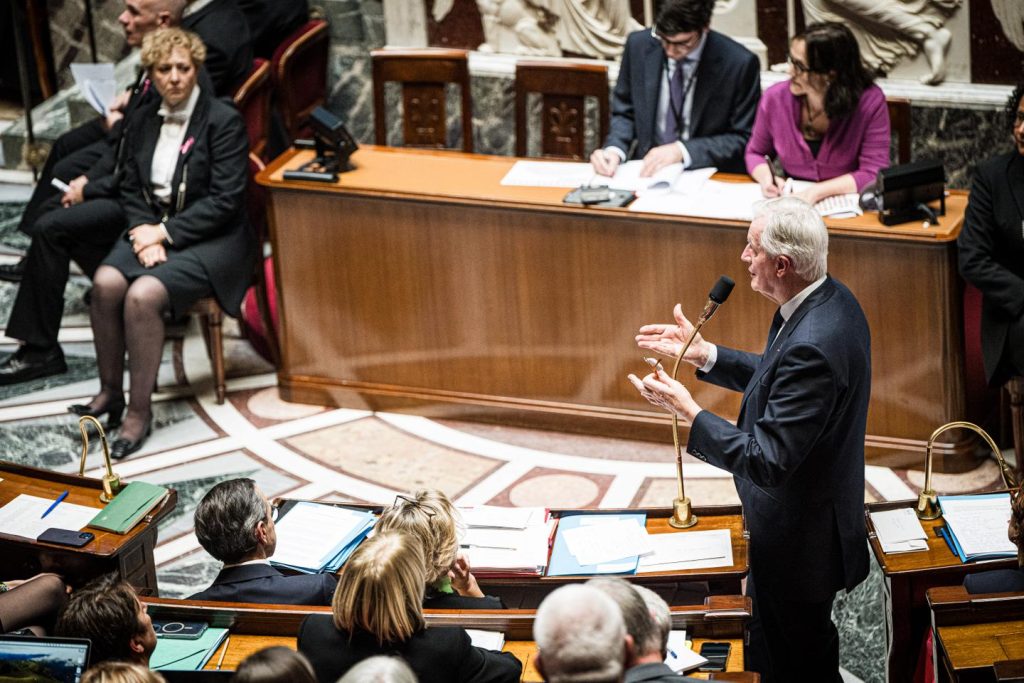The budget proposal for 2025 was officially presented on October 10, but it only roughly defines many revenues and expenses. The new Ministers of Finance and Budget, Antoine Armand and Laurent Saint-Martin, had little time to develop their proposals, so changes are expected to be made during the examination of the budget bill by Parliament. The main challenges facing public finance management are clear, with a significantly deteriorating budget situation since the beginning of the year, leading to a deficit expected to reach 6.1% of GDP in 2024 instead of the 4.4% initially projected.
The government of Michel Barnier had to balance three partially conflicting objectives. It needed to avoid losing market bondholders’ trust, steer clear of causing an economic recession by being overly restrictive with fiscal policy, and preserve Emmanuel Macron’s supply-side policy to enhance France’s attractiveness and boost employment levels. Despite not meeting all expectations, Macron’s policy had some positive effects. The budget proposal aims to achieve a deficit of 5% of GDP in 2025, a forecast considered fragile yet achievable by the High Council of Public Finances. Another projection from the French Observatory for Economic Conjunctures expects a slightly higher deficit but still positive economic growth of 0.8% in 2025.
The limited macroeconomic impact of the budget proposal is attributed to two main factors: a significant monetary easing due to inflation remaining below 2% and a recourse to tax increases to reduce the deficit, with minimal impact on demand and temporary effects on supply. By breaking the taboo on tax increases, Barnier and his team were able to create a more balanced budget proposal than if consolidation had relied solely on spending cuts. The business taxes, reduction in social security contributions, and higher taxes on wealthier households will have a relatively modest impact on demand, unlike measures directly affecting consumption or income of low-income households.
The projected budget for 2025 is a strategic move that manages to address the challenging fiscal situation while considering economic stability and growth. By adopting a combination of measures, including modest tax increases and temporary adjustments, the government aims to reduce the deficit without significantly dampening economic activity. The budget proposal also aims to maintain France’s attractiveness for investors and promote employment, aligning with Macron’s supply-side policies. Despite uncertainties and challenges, the budget proposal for 2025 strives to strike a balance between fiscal responsibility, economic stability, and growth.















